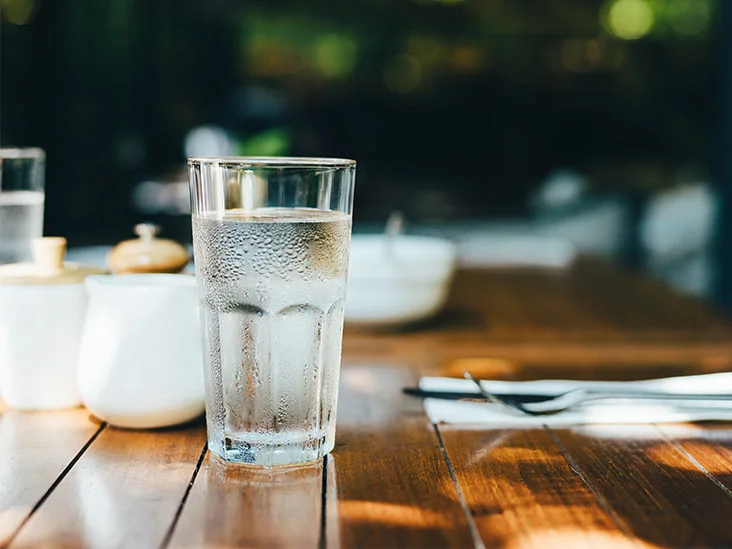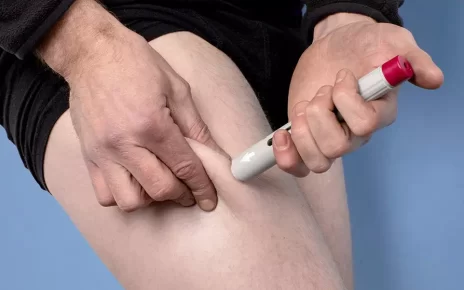Water is one of the most essential elements on earth and should never be neglected.
Vitamin B6 is essential for many bodily processes, from brain health to digestion and athletic performance.
Everyone’s hydration requirements differ, so it is best to listen to what your body is telling you and drink accordingly. Some foods and beverages that contain high amounts of water include milk, soups, and 100% fruit juice.
Keeps You Hydrated
Hydration is essential for your overall health and wellness. Not only does it keep your internal organs running optimally, but also regulates body temperature to prevent heat stroke and help you maintain a healthy weight.
Water is the most popular way to hydrate yourself, but it’s not the only option. Other sources of hydration include fruits, vegetables and dairy milk.
Your daily water consumption depends on a number of factors, including age, gender, climate where you live, activity level and overall health. No matter what it is, aim for at least eight glasses of liquid each day.
Keeps Your Organs Functioning
The heart, liver, kidneys and lungs are essential organs that keep your body running efficiently. Your heart pumps blood around the body; your liver breaks down toxins and excretes them into your bloodstream; while kidneys cleanse waste from your blood.
Water keeps tissues in the body moist and protects them from external factors like dust, pollen and other allergens. It also serves to lubricate and cushion joints, regulate blood flow and control body temperature.
Prevents Heat Stroke
When your body is dehydrated, it’s essential to stay hydrated. This can be accomplished by drinking plenty of water or other beverages with no caffeine or alcohol content.
When a heat illness, such as dehydration or heat exhaustion, develops, it’s critical to begin treating it promptly. Otherwise, the person could progress into heat stroke.
Keeps Your Brain Healthy
Water is essential to the human brain’s optimal performance, keeping all organs and cells hydrated.
Water can help boost concentration, memory function and maintain mood balance. It also aids in the promotion of sleep as well as providing you with energy during the day.
Keeps Your Joints Well-Lubricated
Dehydration can have a detrimental effect on your joint health, particularly for those diagnosed with rheumatoid arthritis or osteoarthritis.
Water helps your joints stay lubricated by creating synovial fluid, a gel-like substance that cushions bones and reduces friction when you move them.
It makes it simpler for you to move your body and reduce pain. Furthermore, it helps reduce inflammation and encourages the growth of new cartilage cells.
Keeps Your Bones Healthy
Even with a diet rich in calcium and Vitamin D, those essential nutrients cannot reach your bones without water.
Water is essential for our bodies throughout the day, especially for bones which need fluids to support and maintain strength and functionality. It’s especially essential that we replenish this supply regularly.
Keeps Your Heart Healthy
Water aids your heart’s function by giving it enough blood to pump through the vessels. It also keeps you hydrated and helps regulate body temperature.
Dehydration is a dangerous condition that can result in heat stroke, headaches, muscle cramps and even death. It may be caused by severe diarrhea or vomiting, certain conditions, medications taken for medical treatment, hot weather or intense exercise.
Keeps Your Bones Strong
Water is essential for all systems, organs and body parts to function optimally. Your bones and joints also depend heavily on water to stay strong and healthy.
Bones contain nearly 30% water and contain a large portion of the marrow, which produces red blood cells to transport oxygen throughout your body. Without adequate hydration, bones may develop orthopedic issues like osteoporosis.
Keeps Your Body in Balance
Water is essential to all bodily processes. It helps keep tissues moist, which protects delicate bones, the brain, spine and other vital organs.
Your body’s electrolytes help maintain balance by controlling the amount of water and mineral salts (electrophytes) in your blood. This equilibrium is essential for many physiological processes, such as digestion and waste elimination.





